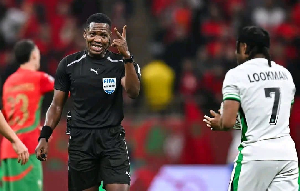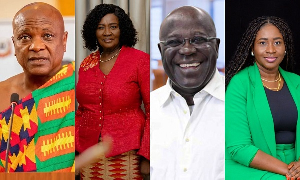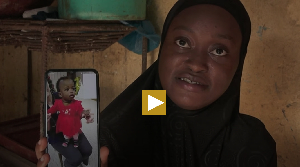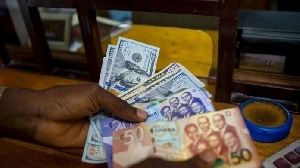Mercy360 Blog of Thursday, 19 December 2024
Source: Mercy Mensah
Misleading Claim Alert: e-Levy and Betting Tax Not Used to Generate Electricity

A recent claim has been circulating on social media, suggesting that the Ghanaian government uses revenue from the e-levy and betting taxes to generate electricity. However, this claim has been found to be misleading.
No Evidence to Support the Claim
Despite thorough research, no evidence has been found to support the claim that e-levy and betting tax revenues are used to generate electricity. The claim appears to be baseless and lacks any factual backing.
Ghana's Electricity Sector Funding
Ghana's electricity sector is funded through a complex structure involving tariffs, levies, and funding agreements. The sector receives funding from various sources, including government subsidies, international agreements, and levies such as the Energy Sector Levies Act (ESLA).
e-Levy Revenue Allocation
The e-levy, introduced to enhance government revenue, is allocated to various national priorities, including debt servicing, infrastructure, and social services. However, electricity-specific allocations have not been explicitly stated in government budgets or official communication.
Betting Tax Revenue
Betting taxes are a relatively new revenue stream in Ghana, primarily designed to increase government funds. Like the e-levy, these taxes contribute to the general revenue pool but are not explicitly tied to electricity generation.
Complex Financing Structure
Ghana's electricity sector operates under a complex financing structure, involving multiple funding sources and mechanisms. The sector's funding is not solely dependent on e-levy and betting tax revenues.
Conclusion
In conclusion, the claim that e-levy and betting tax revenues are used to generate electricity in Ghana is misleading. The claim lacks evidence and is not supported by factual information.
Source: Adomonline














